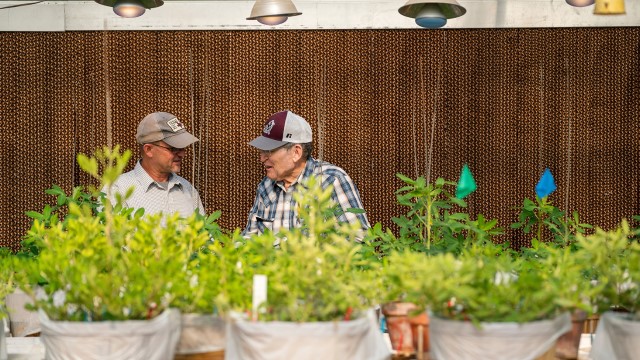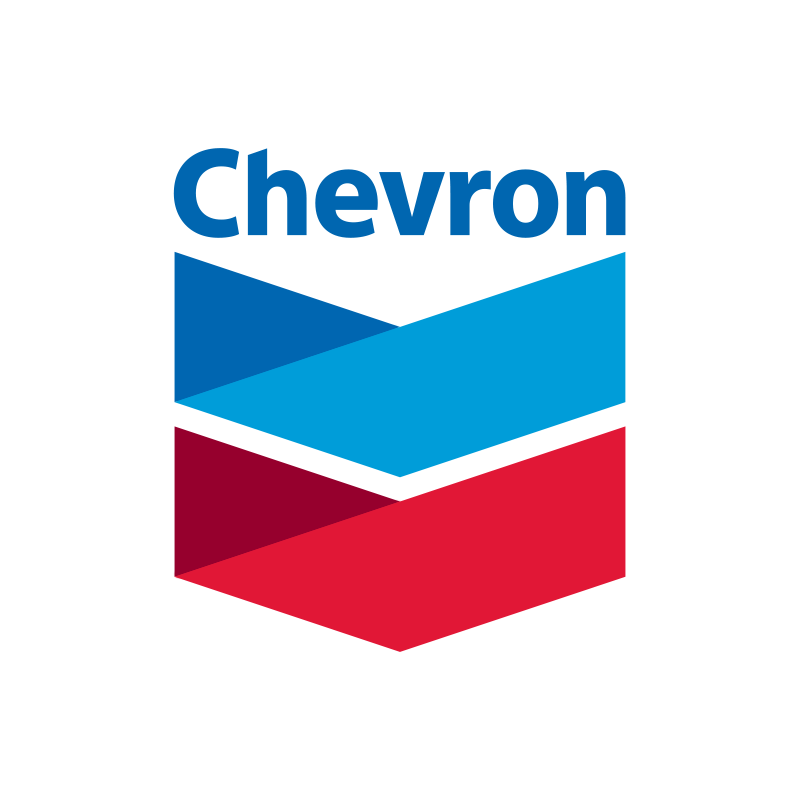Chevron: Will Peanuts Play a New Role in a Lower-Carbon Future?
Also posted to:
C’s Nuts
Chevron is working with Texas A&M AgriLife to explore peanuts as a renewable fuel source. The research includes the development of peanuts with a greater oil content that can adapt to drier climates.

“We are hopeful that these new peanut varieties will offer producers a profitable dryland or limited irrigation crop option,” said Cliff Lamb, director of Texas A&M AgriLife Research.
The collaboration will help create new economic opportunities for Texas farmers while supporting Chevron’s efforts to increase our renewable fuels production capacity to 100,000 barrels per day by 2030.
Peanuts tend to be thirsty. A typical crop needs 27 inches of moisture from irrigation and rain to produce about 5,000 pounds per acre of high-quality nuts. AgriLife intends to breed a “diesel nut” that can be more easily quenched.
If successful, this project could bring production back to areas that previously grew peanuts but ran out of water.
“The Texas Peanut Producers Board is excited to support the ‘diesel nut’ project and views it as one more tool for farmers in Texas,” said Shelly Nutt, Texas Peanut Producers Board executive director. “Peanut farmers have long realized the value of using peanuts not only as a cash crop, but also as a crop that adds nutrients to the soil, creating a sustainable production system.”
Approximately 20% of the nation’s peanut crop is produced in Texas, making it the second-largest peanut-producing state in the United States, according to AgriLife Research.
COMPANY DETAILS |

|
|
Company |
Chevron |
|
Website |
|
|
Connect |
   
|
|
Contact |
|
|
Phone |
(925) 842-1000 |
|
Address |
6001 Bollinger Canyon Road |
|
San Ramon, CA 94583 |
ABOUT Chevron®
Chevron has a long, robust history, which began when a group of explorers and merchants established the Pacific Coast Oil Co. on Sept. 10, 1879. Since then, the company’s name has changed more than once, but they’ve always retained the founders’ spirit, grit, innovation and perseverance.
